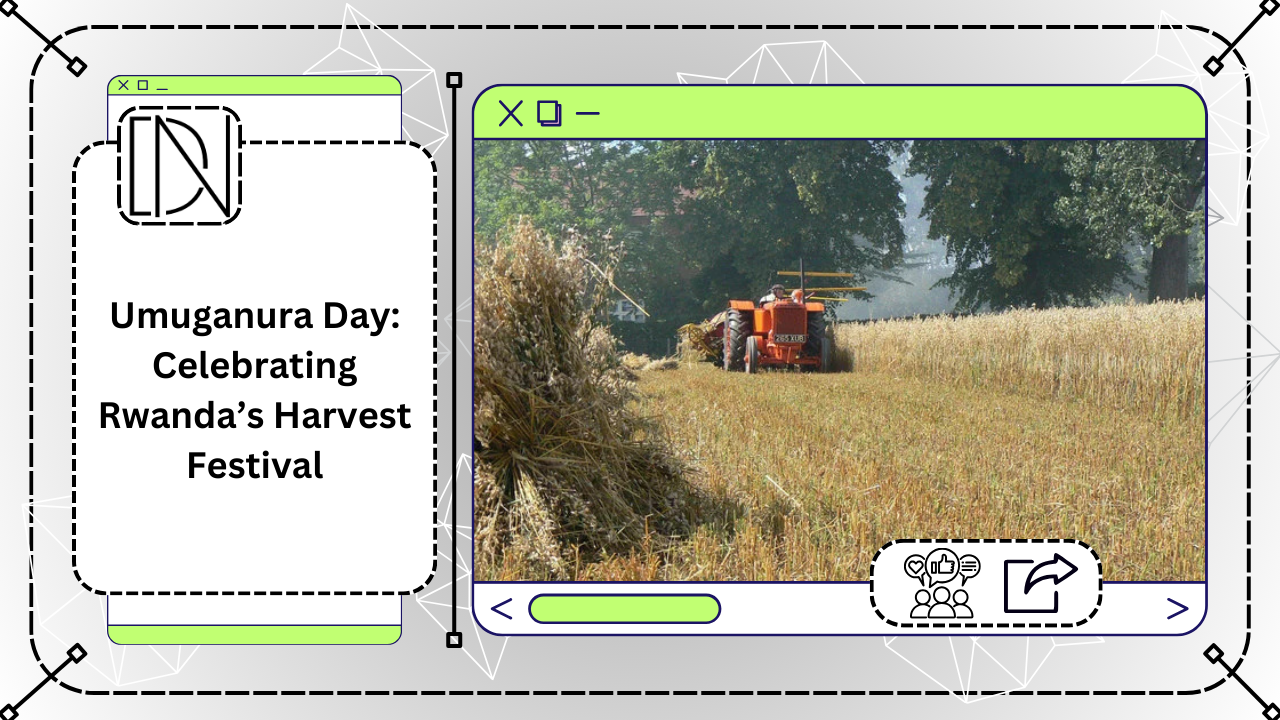Introduction to Umuganura Day
Umuganura Day, celebrated on the first Friday of August each year, is a significant public holiday in Rwanda. This day is dedicated to honoring the traditional harvest festival, a time for Rwandans to give thanks for the bounty of the land and to come together in unity and gratitude.
Historical Significance of Umuganura Day
Umuganura, which translates to ‘first fruits festival,’ has deep roots in Rwandan culture. Historically, it served as an occasion for communities to gather and celebrate agricultural success. It was an opportunity to offer the first produce of the season to the gods, seeking continued blessings for future harvests. Today, this tradition is preserved to reflect on the country’s agricultural heritage and to promote cultural values.
Modern Celebrations and Public Holiday
Umuganura Day is marked by a variety of activities and ceremonies across Rwanda. It is a public holiday, allowing all citizens to actively participate in the festivities. Schools, businesses, and government offices are closed to ensure everyone can partake in the communal celebrations. The day involves traditional dances, songs, and the sharing of food, symbolizing prosperity and community spirit.
Importance of Umuganura Day in Contemporary Rwanda
In contemporary Rwanda, Umuganura Day stands as a reminder of the nation’s rich cultural past and agricultural importance. It also serves as a platform to foster unity and appreciation for the country’s progress. The festival encourages agricultural development and innovation, aiming to ensure sustainable food security and economic stability for future generations.
Umuganura Day is a beacon of Rwandan culture, reminding its people of the importance of gratitude, community, and continued prosperity. As it is celebrated nationwide, it reinforces the collective identity and heritage that binds the nation together.
Conclusion
Umuganura Day, celebrated on the first Friday of August, is a significant public holiday in Rwanda that honors the traditional harvest festival. This day, steeped in historical significance, sees communities coming together to celebrate agricultural successes and reflect on the nation’s cultural heritage. Modern celebrations include traditional dances, songs, and communal sharing of food, reinforcing the values of unity, gratitude, and prosperity. As a key cultural event, Umuganura Day underscores the importance of agriculture in Rwanda’s past and present, and promotes sustainable food security for future generations.












